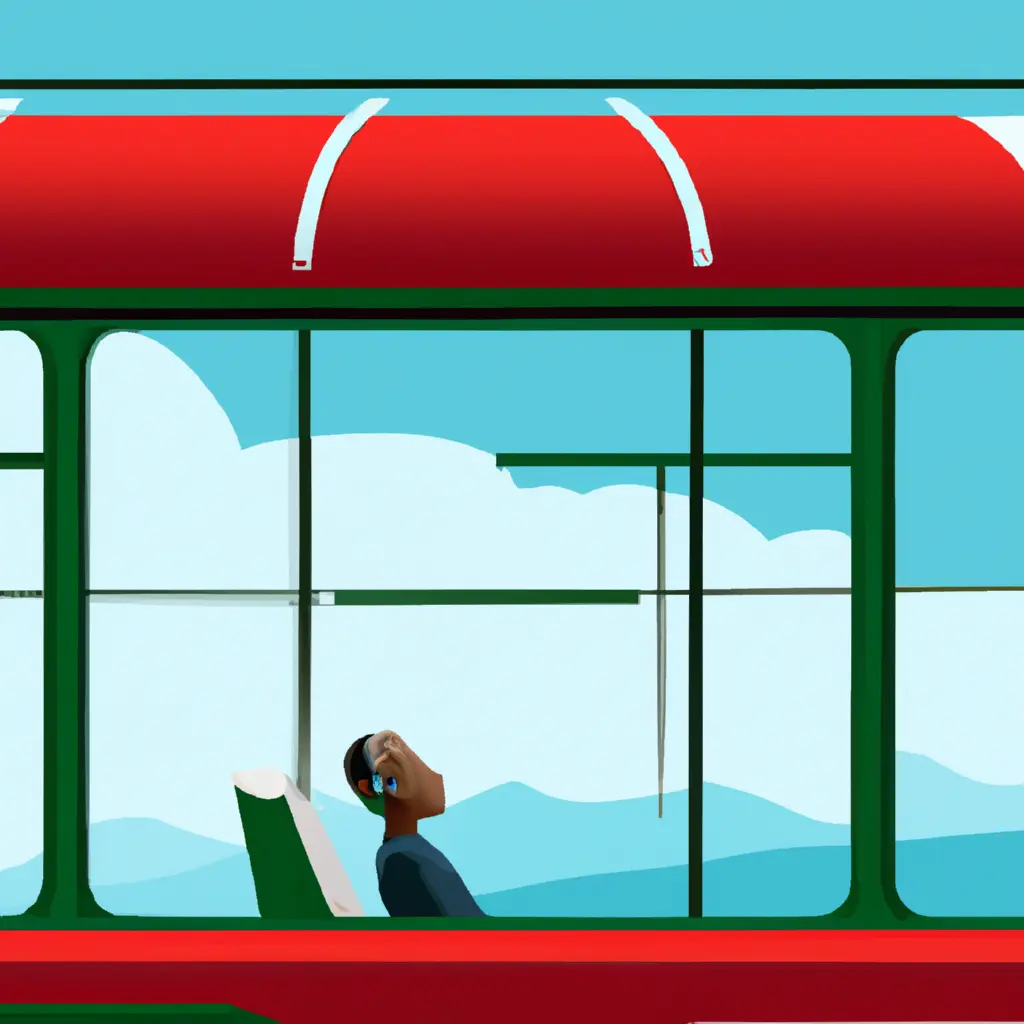Ultra commuters: starts the day at 5am, costs time and thousands of dollars, but improves work and happiness


At first glance, the crowds of people exiting platforms and parking lots during weekday rush hour might seem to have similar stories. But a closer look reveals that some are wiping sleepy eyes, others are hastily putting away their makeup bags, and some are removing a travel pillow from their necks. These are the truckers - the ones who wake up in the dark and consider their cars or train a second home. And they love the ride.
The average commute time has naturally decreased during the pandemic. In 2019, one in 10 workers spent an hour commuting, while only 3% spent more than 90 minutes. But, according to the U.S. Census Bureau, the number of people traveling more than an hour dropped to 7.7% in 2021, and' 'Average travel time dropped from 27.6 to 25.6 minutes in 2019.
When the pandemic arrived, some of the world's biggest companies vowed to switch to remote work or a hybrid format for good. About two million people moved out of America's major cities between 2020 and 2022, hoping their commutes would be less frequent when the world reopened. A year or so later, however, companies started encouraging employees to return to work, and mandatory communication is back.
Till then, long-distance veterans say you can find positives in these trips, and they're tired of complaining to newcomers. Jonathan Walters has been a trucker for most of his working life. Before the pandemic, he was making his way from Chicago to the' 's job in Naperville - the commute lasted 45 to 75 minutes, depending on traffic - and in 2021, he moved to a smaller city to be closer to work. The only problem was that his job changed and he had to commute to Chicago again.
For some people, that imminent trip might have been a hassle, but for the vice president of a transportation company, it was something enjoyable. Walters says he calls his 5 a.m. trips "time in front of the windshield" - a chance to collect his thoughts. "When I arrive, I have more than an hour when I'm focused, I have time to prioritize the day and think about the first two or three things that are going to be on my list," he explains. "Especially when it comes to' 's client meetings or internal meetings, I can make sure they're more concise because I already have time to think and plan. "
Walters, like millions of other people, used to view his commute as an "unnecessary evil." He decided to change his attitude and view his time on the road as something positive, saying people should "take advantage of it, not complain about it." "Complaining about it won't change anything," he says.
Meanwhile, 25-year-old Melissa Howard starts her day at 5 a.m. Twice a week, she travels from her home in rural Cambridgeshire, England, to the office, taking two trains to get to London. By 8 a.m. she' 'The situation is similar - the average person, according to the data, spends around £17.23 ($21) on commuting to work each day, although this amount increases when traveling to major cities such as London, Manchester and Birmingham.
Although Howard sometimes misses the convenience and social aspect of living in London, she has no plans to move to the capital. "Looking at the prices compared to the benefits, I just don't think there's enough," says Howard. "It's not even just rent. It's almost everything that goes with it - food, drinks. "
Although travel costs Walters about $6,000 a year, he makes up for it with a "constant" pleasant surprise in how much more affordable life has become in Naperville compared to Chicago. "For a bottle. 'wine we pay a third or two-thirds of what we would pay in Chicago, even at the same restaurant chain. Nowadays, the city is forking out money from every angle, whether it's parking, toll roads, street parking, city stickers - just being able to have a car involves a lot of extra costs," he says.
His two-story, four-bedroom home also has more room for his eight- and four-year-olds, and he feels they are safer and more independent outside of America's third-largest city.
Every trucker Fortune spoke with agreed that regular trips to the office are essential - whether it's for important meetings with bosses or to discuss ideas with coworkers.
Mike' 'Shepherd is president and regional general manager for Schaeffler's Asia region, overseeing 1,600 employees across 10 offices and production sites. Although Shepard lives in Pattaya, in eastern Thailand, he spends half of his working year not only in long commutes, but also traveling long distances: next month alone he will visit Germany, Australia, Vietnam, China and the Philippines.
Without that sacrifice - Shepard is the father of two sons - the CEO says he "definitely" wouldn't have achieved the same level of professional success. "The visibility that comes from traveling or commuting to different places puts you in a tight group of employees," he says. "I also recommend that younger employees learn from' 'senior people who normally come into the office'.
As a manager himself, Shepherd says that sometimes those who work entirely remotely are "out of sight, out of mind," but acknowledges that flexibility doesn't limit employees if they do well with remote or hybrid work. Once he's back on the road, however, Shepherd has noticed a difference in the company's success. "If I look at my team's performance over the last year and the fact that I've traveled and been back on the road, compared to my competitors, we've changed faster, mid-term growth has been faster, and output, customer interaction and marketing activities have increased significantly," he says.
Comment

Subscribe to the newsletter from Hatamatata.com!
Subscribe to the newsletter from Hatamatata.com!
I agree to the processing of personal data and confidentiality rules of Hatamatata






